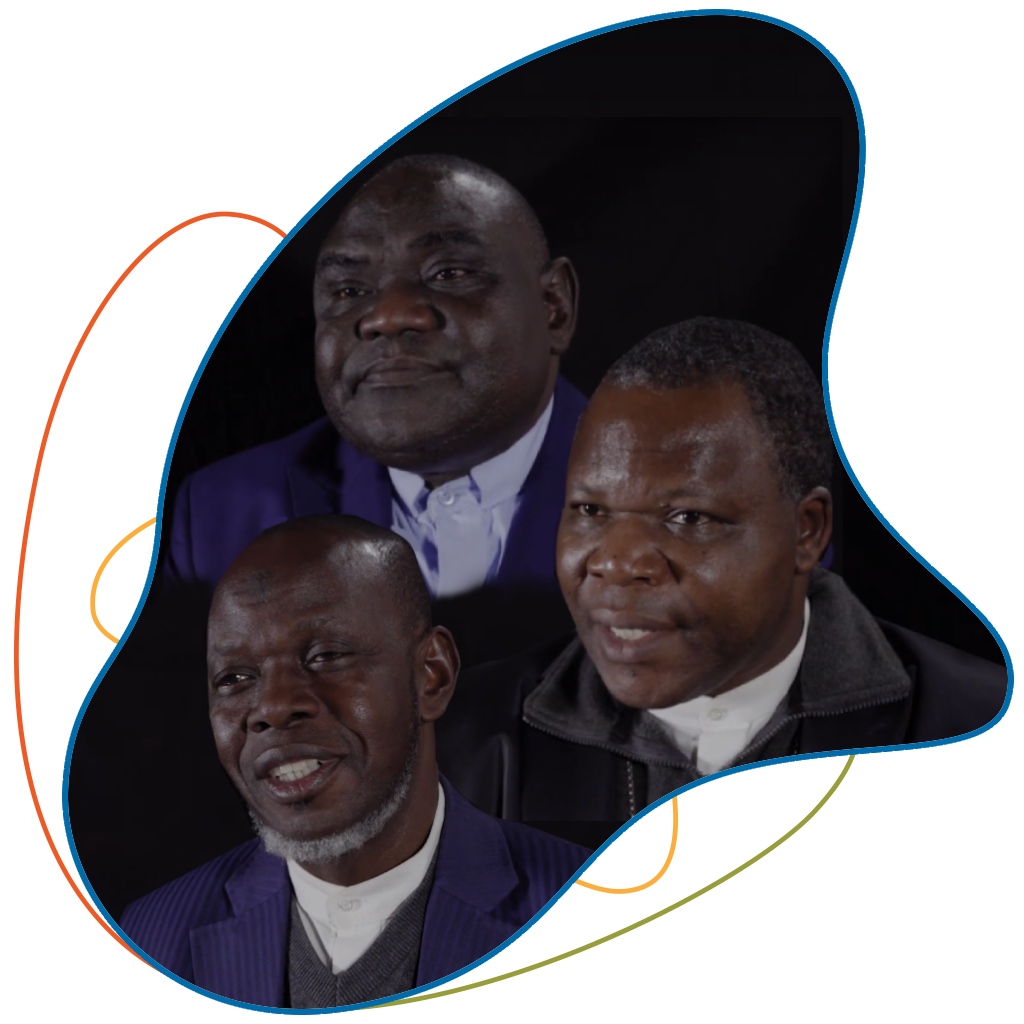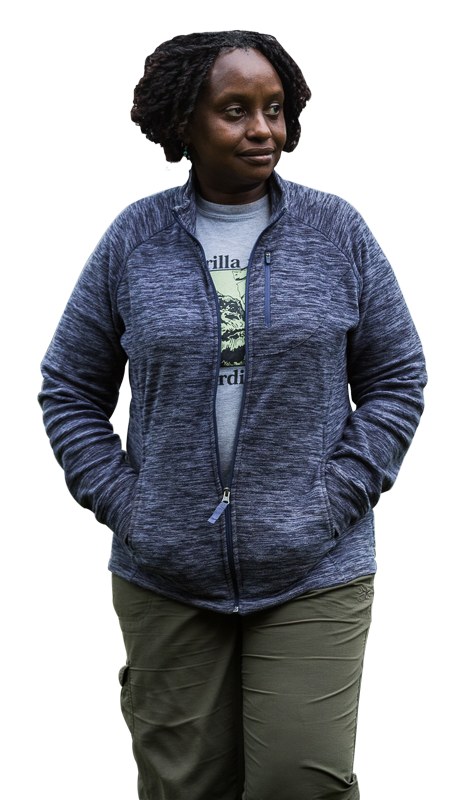
PCRC
Profile
Three religious leaders—a Christian pastor, a Catholic bishop and a Muslim imam—created the Plateforme des Confessions Religieuses de Centrafrique, PCRC, in an effort to contain and then reconcile the deeply divisive religious and civil forces tearing at their country, the Central African Republic.
Cardinal Dieudonné Nzapalainga, Pastor Nicolas Guérékoyame-Gbangou and Imam Omar Kobine Layama. These three extraordinary religious leaders were unwilling to let their country and communities be consumed by what they knew to be irrational and fundamentally misguided religious fervor. Their work together started with the crisis in the Central African Republic in 2013. Together they decided to unify their respective religious communities to support their people throughout the country and raise up their weakest members. Learn more

